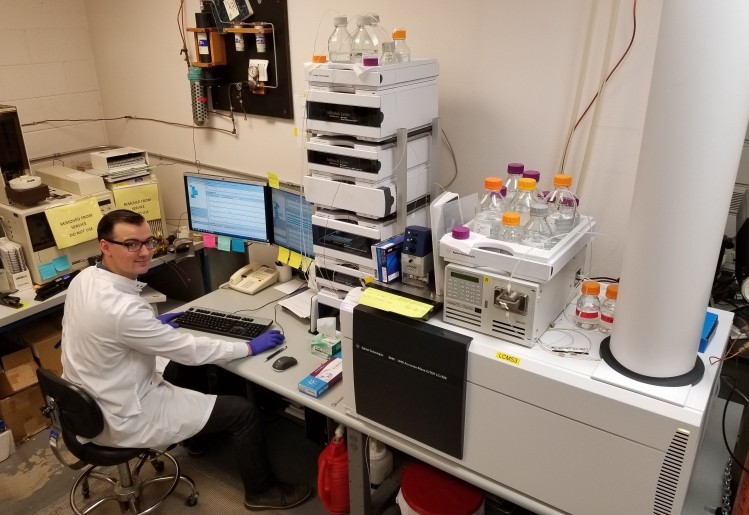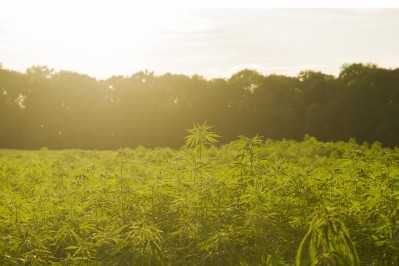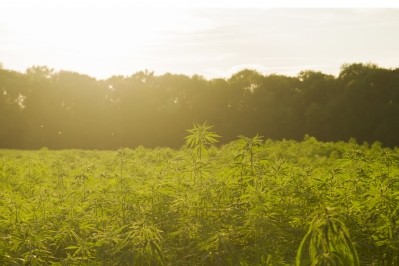Flora Labs unveils capability of detecting up to 370 synthetic cannabinoids

The new service is being offered in conjunction with the International Center for Cannabis Therapies, which has also certified the lab. In addition to the testing suite, which the company says can identify as many as 370 synthetic cannabinoids, ICCT will also offer GMP audits for CBD manufacturers, which will be overseen by Jana Hildreth, ICCT director of compliance.
James Neal-Kababick, founder and director of Flora Research Laboratories, said the issue is a serious one. Some synthetic cannabinoids can be dangerous, and he said the lab found a disturbing prevalence of these in samples it tested during method development.
“We have already found multiple examples of CBD samples that have dangerous synthetic cannabinoids in them. One of these cannabinoids that I identified has been linked to 11 sudden cardiac deaths in Europe. Another has been linked to the development of chronic tinnitus,” Neal-Kababick told NutraIngredients-USA.
Drug candidates find new home
Many of these synthetic cannabinoids originated decades ago as drug candidates that were developed by Pfizer and other companies. Neal-Kababick said the effort was to find an effective pain relief medication that had no narcotic side effects, but the drug candidates didn’t pan out.
Then shady players got their hands on them, Neal Kababick said. The path some of these molecules took in the market was similar to synthetic cathinones that were being sold as ‘bath salts.’ These molecules were chemically related to a substance found in the khat plant.
“Some of the synthetic cannabinoids have been sold as ‘herbal incense,’” Neal Kababick said. “They have also been used in CBD vape products.”
Most comprehensive testing available
Neal Kababick said the new testing suite will as far as he knows be the most comprehensive one available.
“I have talked to some other labs doing this kind of testing. They are looking for maybe 20 different synthetic cannabinoids,” he said.
Neal-Kababick said Flora’s increased capacity is a matter of investment. Finding these synthetic cannabinoids is a matter of measuring their mass extremely accurately with a mass spectrometer. That kind of precision doesn’t come cheap.
“We are doing this testing on a $1.2 million instrument,” he said.
“You have to be able to measure the mass accurately. If we look at measuring caffeine, for example, people using a typical mass spec setup would get a mass of 194. If you get into ‘accurate’ mass, you would get a mass of 194.194. Our instrument will go out to 10 to the minus 4 Daltons,” Neal-Kababick said.
Intensive training backs new offering
Neal-Kababick said he gained some of the expertise needed to offer the new, comprehensive suite during a workshop offered by the Forensic Technology Center of Excellence, a division of the National Institutes of Justice. He said his company’s relationship with device manufacturers has also been beneficial.
“It’s a big technology jump. You typically wouldn’t find an instrument like this in a lab like ours. Our relationship with instrument makers has benefited us in this regard. We are an early adopter of new technology and we implement these instruments in novel ways,” he said.
“Many labs do production testing. They do the same tests over and over. While we do that also, we also handle a lot of emerging food and supplement safety and quality issues. You could call us a rapid response lab,” Neal-Kababick said.
Finding the needle in the haystack
Neal-Kababick said along with the fancy instrument, a certain amount of experience and expertise is needed to find these synthetic compounds. The adulterators don’t make it easy, he said.
“These are a lot like the synthetic PD5 inhibitors that keep popping up in which minor tweaks in the compound can help to disguise it and make it harder to detect. But sometimes those minor tweaks could turn it from something that might have some long term health concerns into something that could be immediately deadly,” he said.
“The good thing about these synthetic cannabinoids is that when they fragment, there are certain common patterns that a trained mass spectrometrist can pick up,” he said.
















